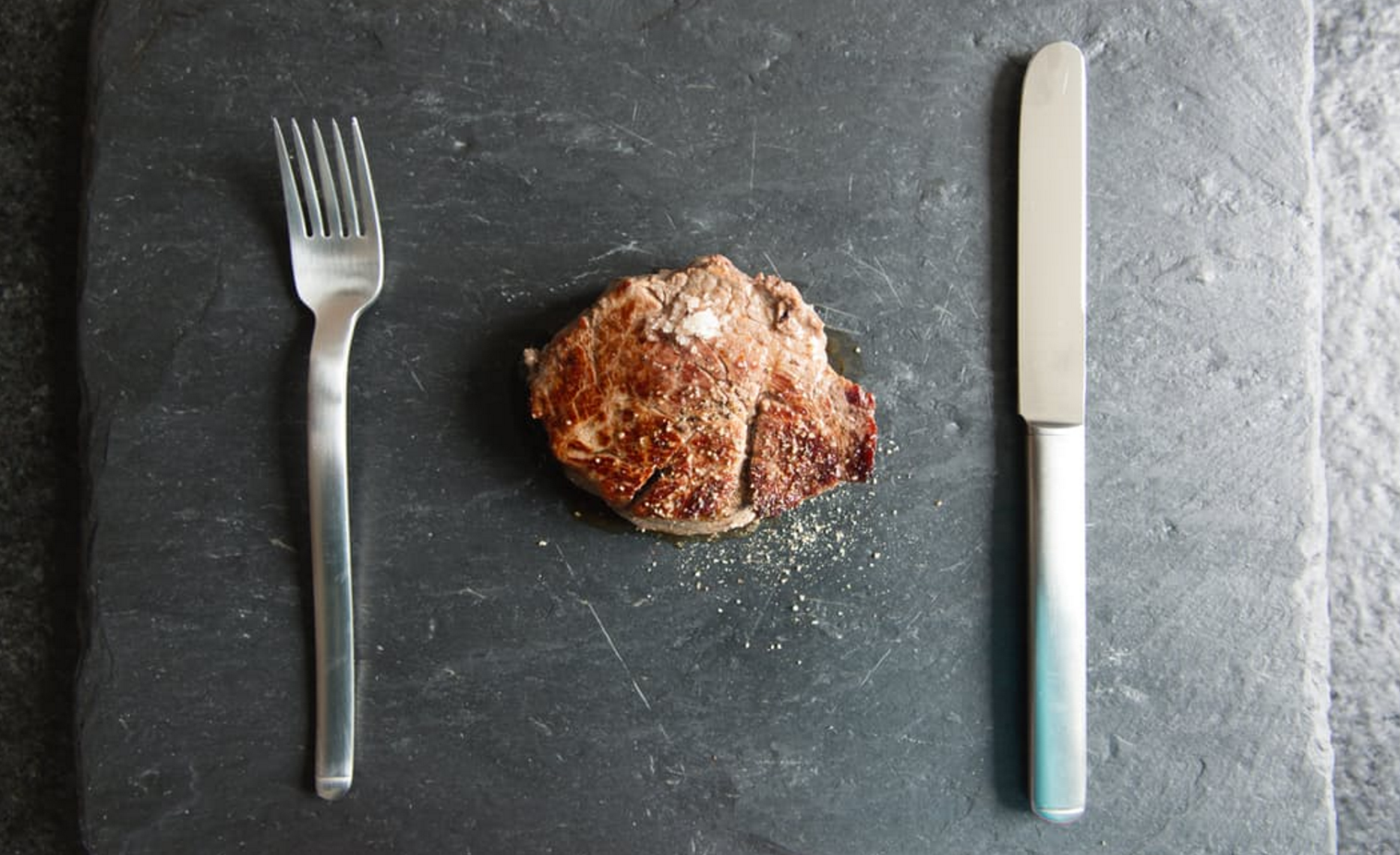Sometimes, despite our best healing intentions, it's beyond our reach to dive into a serious dietary protocol. With crazy-busy lives, an unfamiliarity with the food prep required, and the availability of medications that may still be somewhat doing their job, a full elimination diet can seem unnecessarily demanding.
And that's ok.
If you're here, it's important to hit pause. It takes time to understand the whys and hows behind an elimination diet. In a world where fiber is haloed and whole grains are lauded as the right choice for the environment, the foods required for true gut healing can seem very non-intuitive, if not downright crazy.
I talk to a lot of people who are in this phase in their journey. You want to heal through diet. You'd LOVE to flush all those immuno-suppressants down the toilet. But you're still confused by the strict food rules and how animal fats became so essential. And what happened to all that soothing white rice?!
A gut healing protocol demands an open mind. It requires you to learn some fun facts about nutrition science and cast a cynical eye on food politics. It’ll both invigorate your life and make dining out a huge pain (but only at the beginning- I promise).
But wait! Before you head off to dig through the latest in microbiome research, I've got something for your guts in the meantime.
Supplements!
Magic!
I know, I know *eye roll.*
But for serious, there are a handful of supplements so specific to gut healing that I recommend them with or without an elimination diet. While they're certainly not a cure-all for colitis, Crohn's, or autoimmune disease in general, they can both lay the foundation for, and put the finishing touches on, a healing dietary protocol. And even without that protocol in place, these four supplements provide your body with the tools to actively fight back against inflammation.
[Note: this short list doesn't cover the vitamin and mineral deficiencies that a flare can cause, but instead addresses the function of our gut, eventually leading to improved absorption of those vitamins and minerals in our foods. Depending on your health status, additional vitamin and mineral supplements may be advisable in the short term.]
- Probiotics- The bacteria-laden land of our intestines is the battlefield in Crohn's and colitis flares. Too much of the wrong kind of bacteria can cause the inflammation that leads to painful, destructive symptoms. But changing your microbiome is no simple matter. Bacteria of all types are incredibly adept at survival, going dormant to coast through the lean times, and many probiotics fail to take effect because their “good bugs” can’t gain a foothold in a gut packed with stubborn, pathogenic colonies. Probiotics with soil-based organisms tackle both of these issues by uprooting the bad bacteria as they pass through (they're vagrants of a sort, refusing to set up permanent colonies). This uprooting leaves room for the good bacteria, also in the probiotic, to build their homes. Garden of Life's Primal Defense is an excellent choice for those suffering from Crohn's or colitis. It was developed by Jordan Rubin and played a major role in his own healing of Crohn’s.
- Collagen- This long chain amino acid -think: protein- is the most abundant type in skin, connective tissue, muscles and tendons. It's also the most important amino acid in the lining of the colon, working as the preferred source of energy for structure and healing. This building block is essential for restoring the integrity of a battered intestinal lining. In food, it's found most abundantly in bone broth and slow cooked, bone-in meat dishes. For easier ingestion, a number of companies now offer high-quality powdered collagen made from grass-fed cows. Vital Proteins is one such company; their collagen powder has no taste and easily stirs into coffee, tea, juice, water, or puddings.
- L-Glutamine- Similarly to collagen, l-glutamine is another amino acid that is closely tied to gut health. In this case, it's the small intestine that gets the love. Glutamine is its preferred amino acid for energy and repair, and actively fights the breakdown of the mucosal lining. Bonus: it also helps to optimize the immune system, potentially offering a moderating effect on symptoms of autoimmune disease. Extra bonus: it's been shown to help combat sugar cravings as well. Fermented l-glutamine is the most bioavailable version of this supplement, but difficult to find outside of Canada. For a high quality alternative, shop Jarrow's L-glutamine.
- Cod Liver Oil- This old school supplement shouldn’t be underrated. It is an excellent source of omega-3 fatty acids, which play a crucial role in combating inflammation- often half the battle in Crohn’s and colitis. Omega-3s are also essential for a healthy immune system. Cod liver oil, specifically, contains an ideal balance of vitamin D and vitamin A, which work together to improve the function of the immune system and -thanks to the antioxidant qualities of vitamin A- further fight inflammation. Cod liver sound gross to you? I hear that. Luckily, Carlson Lab's lemon-flavored version has zero fishy flavor and can be taken off the spoon, mixed into a smoothie, or drizzled over a salad.



